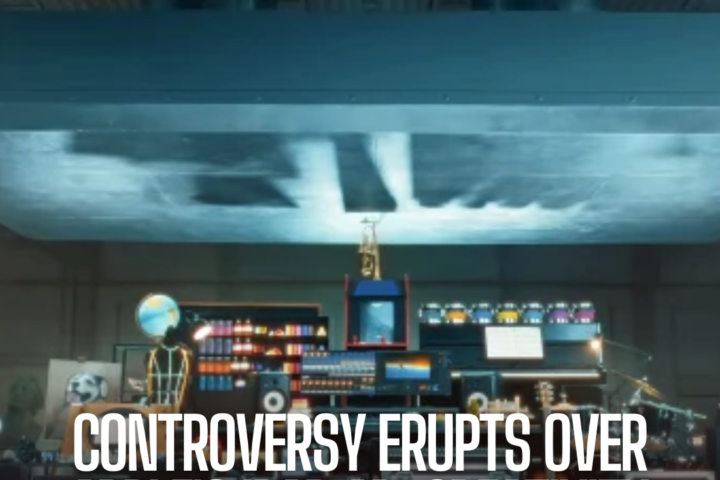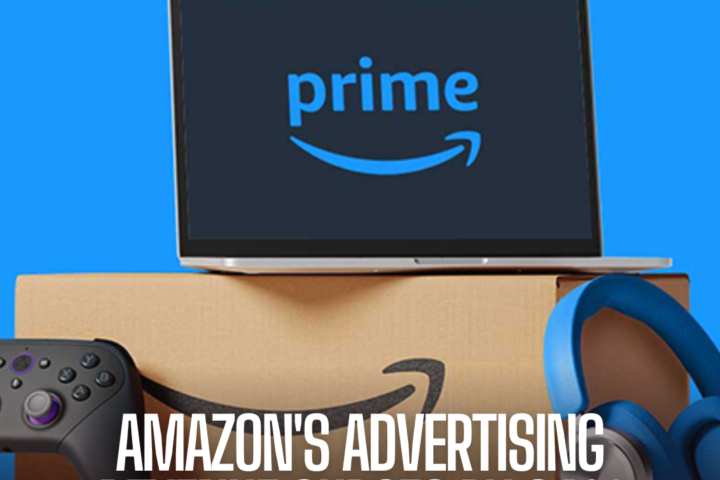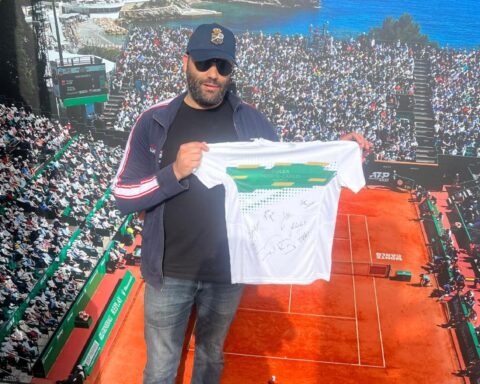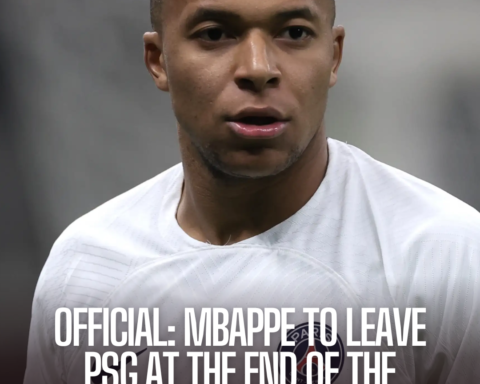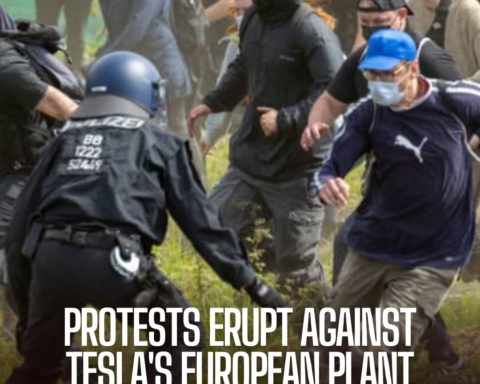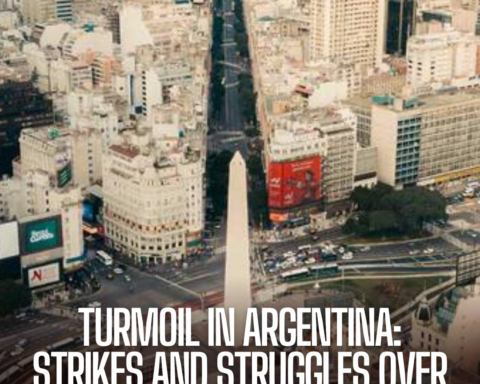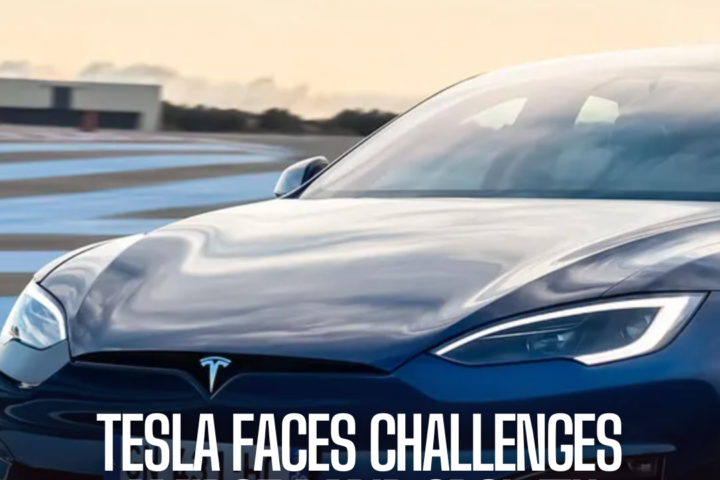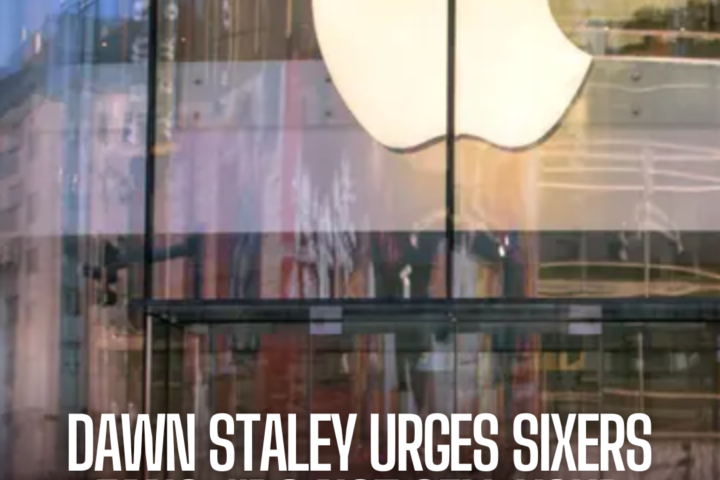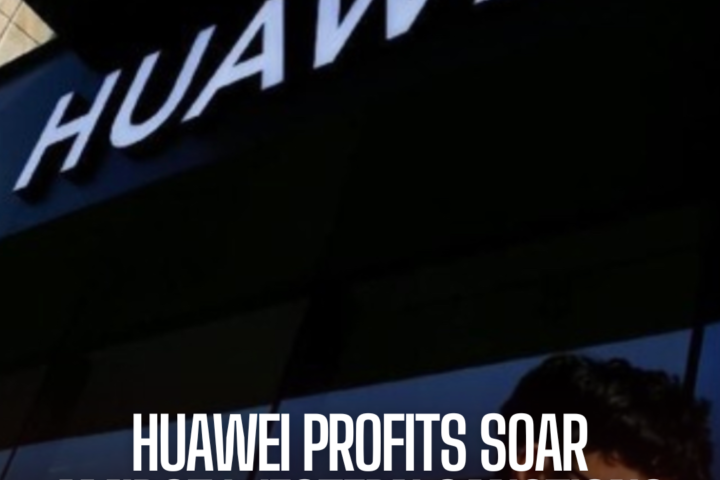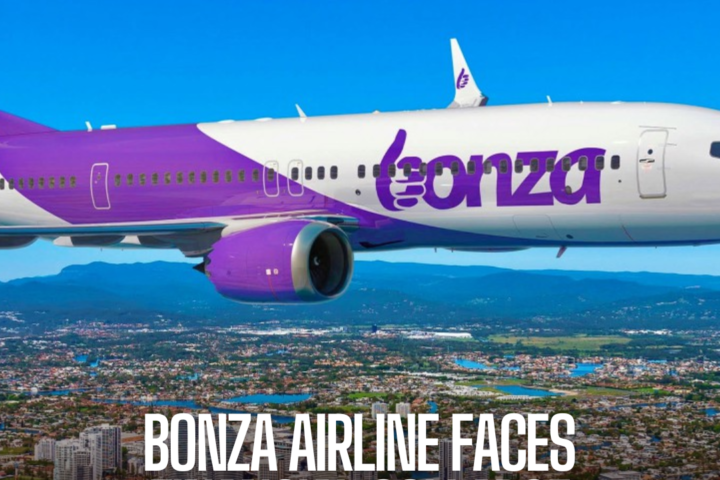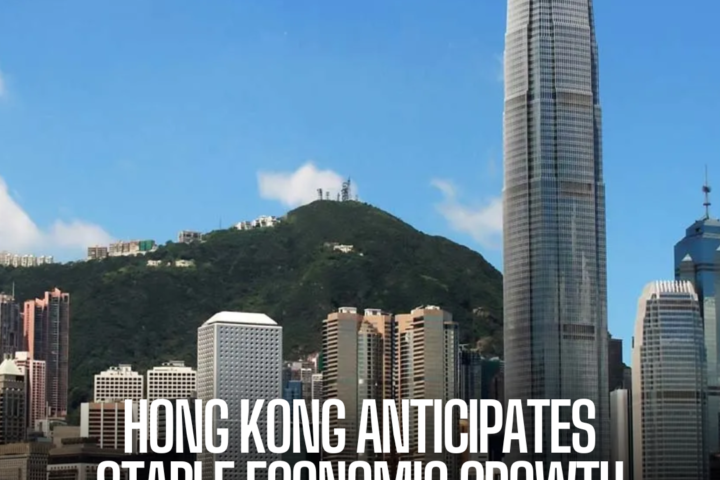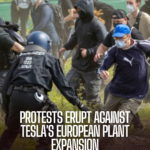The US rival watchdog has sued to block fashion accessory giant Tapestry’s $8.5bn (£6.9bn) seizure of rival Capri.
The US Federal Trade Commission (FTC) has raised concerns over the proposed merger between Tapestry and Capri, citing potential antitrust issues.
Tapestry, which owns handbag makers including Coach and Kate Spade, aims to combine forces with Capri, whose brands include Michael Kors.
Elimination of Competition
The FTC argues that the merger would eliminate direct competition between Tapestry’s and Capri’s brands, potentially leading to monopolistic market dominance. This could impact consumer choice and result in reduced competition in the luxury handbag market.
Response from Tapestry
Tapestry has pushed back against the FTC’s concerns, asserting that the commission misunderstands both the marketplace and consumer behavior.
Also read: Netflix reports strong first quarter performance
The company contends that the merger would not stifle competition but rather enhance Tapestry’s ability to compete against larger European rivals.
Potential Impact on Employees
The FTC also expressed concerns about the potential impact of the merger on employees. With both Tapestry and Capri employing approximately 33,000 staff globally, the commission argues that the deal could lead to reduced wages and benefits for workers.
Luxury Handbag Market Dynamics
Coach and Kate Spade, known for their “accessible luxury” handbags, offer quality leather products at affordable prices. The merger between Tapestry and Capri seeks to create a US fashion powerhouse capable of rivaling European luxury giants like Chanel and Louis Vuitton.
Legal Action by the FTC
In response to the FTC’s concerns, Tapestry and Capri find themselves embroiled in legal action. While Capri, which also owns Versace and Jimmy Choo, insists that the merger will not limit competition, the FTC remains steadfast in its efforts to block the deal.
Regulatory Clearance and Closing Deadline
Despite facing opposition from the FTC, Tapestry and Capri received regulatory clearance for the merger from the European Union and Japan.
However, the companies must close the deal by August 10, raising questions about the future of the proposed merger in light of ongoing legal challenges.



